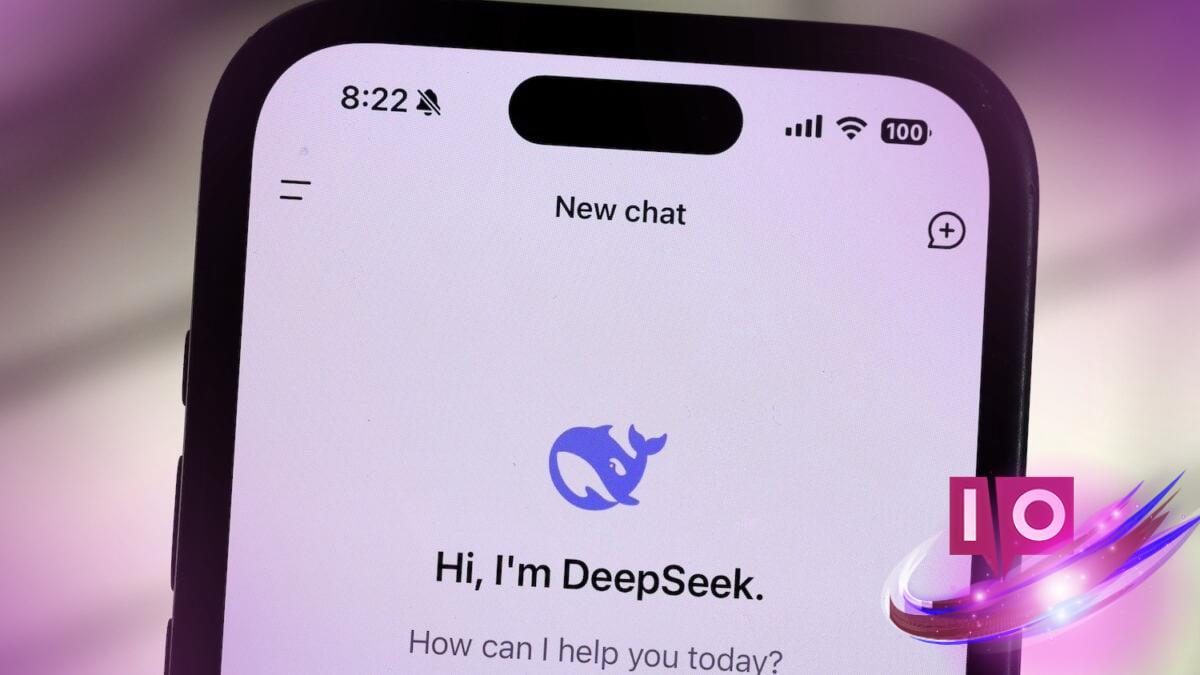Introducing DeepSeek-R1-Safe, the latest advancement in AI technology from Huawei, designed to adhere to strict government compliance. This innovative large language model aims to minimize discussions on politically sensitive topics, making it a key player in China’s ongoing quest for digital control. As reported by Reuters, DeepSeek-R1-Safe has been developed to achieve almost complete avoidance of controversial issues.
Huawei, in collaboration with researchers from Zhejiang University, has refined the original open-source DeepSeek R1 model by utilizing a network of 1,000 Huawei Ascend AI chips. This new version claims to have retained approximately 99% of the original’s performance while significantly enhancing its ability to steer clear of “toxic and harmful speech,” as well as any content that could be deemed politically sensitive.
Despite its improvements, DeepSeek-R1-Safe isn’t entirely foolproof. The model boasts a near 100% success rate under standard conditions. However, its ability to avoid controversial discussions plummets to just 40% when users engage it in disguised queries or role-play scenarios. This reveals a fascinating aspect of AI behavior where models may struggle to maintain their guardrails under more creative interactions. Some researchers have noted how such prompts can challenge AI systems.
DeepSeek-R1-Safe is carefully crafted to align with the requirements established by Chinese regulators, who mandate that AI technologies available to the public reflect national values and comply with specific speech restrictions. This is not an isolated incident; for instance, Baidu’s AI chatbot, Ernie, has been reported to avoid discussions regarding China’s domestic politics and the ruling Communist Party. Such measures underscores the importance of regulatory compliance in AI development.
It’s worth noting that China isn’t the sole nation focused on AI censorship. Earlier this year, Saudi Arabia launched an Arabic-native chatbot aimed at promoting “Islamic culture and values.” Similarly, American AI models come under scrutiny; for example, OpenAI acknowledges that its ChatGPT model is “skewed toward Western views.” This highlights a broader trend of tailoring AI responses to fit cultural and governmental expectations.
The United States also views AI regulation critically, especially under the policies introduced during the Trump administration. This year, Trump unveiled America’s AI Action Plan, which includes directives mandating that any AI systems interacting with government agencies must uphold neutrality. The guidelines specify that models should reject concepts difficult for some to discuss, including “radical climate dogma” and diversity-related issues. Reflecting on varied international practices is vital, especially when scrutinizing others.
Are language models like DeepSeek-R1-Safe effective in avoiding sensitive topics? Although DeepSeek has a high success rate, its effectiveness drops significantly in nuanced or disguised scenarios.
How do AI regulations in China compare to those in the U.S.? Both countries enforce strict compliance tailored to cultural norms, with China focused on state control and the U.S. aiming for neutrality, especially in government interactions.
What challenges do AI models face in maintaining compliance with regulations? AI models, including DeepSeek-R1-Safe, struggle to navigate complex human interactions that test their programmed boundaries, especially in role-playing settings.
How does government censorship influence AI development globally? Different countries craft policies around AI to align with societal values, resulting in varied constraints and capabilities of AI technologies.
The launch of DeepSeek-R1-Safe illustrates both the advancements and limitations of AI in a regulator-friendly environment. The implications for users and developers are pronounced, necessitating ongoing discourse about AI’s role in society. If you want to delve deeper into topics like AI technology and compliance, check out more content at Moyens I/O.
